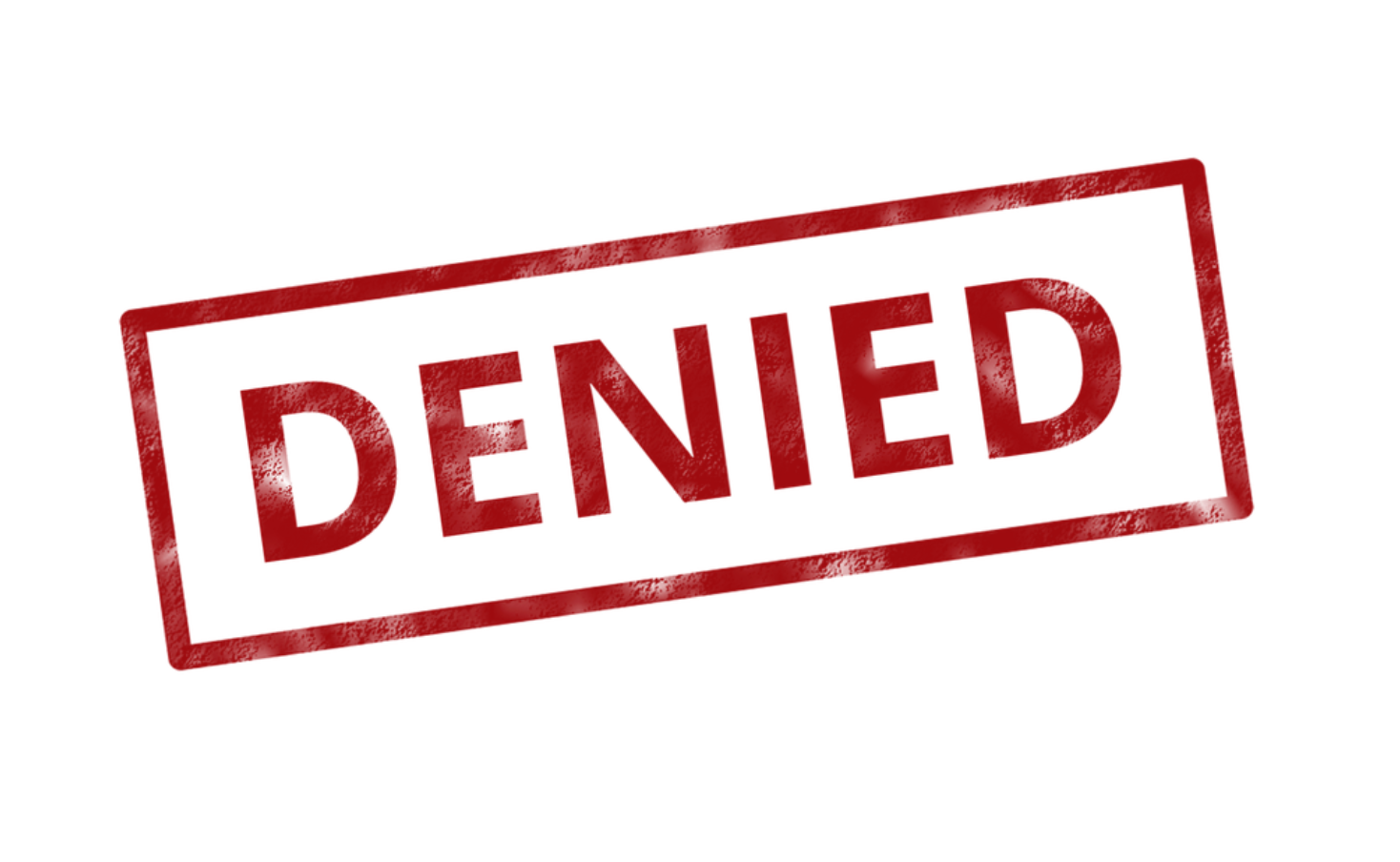There are several legal options available for those who believe their claim was unfairly denied.
Filing for disability benefits can be a daunting process, especially when a claim is wrongfully denied. Individuals depend on these benefits to cover essential living expenses when they are unable to work due to a disability.
Unfortunately, wrongful denials happen more often than they should, leaving applicants in challenging financial and emotional situations. Understanding the available legal recourse when a disability claim is wrongfully denied is critical for individuals seeking to protect their rights and secure the benefits they deserve.
Common Reasons for Disability Claim Denials
When filing for disability benefits, insurance companies typically investigate the claim to determine whether the applicant meets the necessary criteria. However, many claims are wrongfully denied due to several common reasons.
One of the primary reasons is insufficient medical evidence. Insurance companies may argue that the applicant’s condition does not meet the disability criteria or that there is not enough documentation to support the claim. In these cases, they might request more information from doctors, but even with additional evidence, claims are sometimes still rejected.
Another common reason for denial is non-compliance with treatment plans. If an applicant has not followed their prescribed treatment, insurers may deny their claim, arguing that the individual has not made a reasonable effort to recover.
There are also cases where insurance companies question the severity of the applicant’s condition based on their ability to perform daily activities, such as personal care or minor household chores.
The Case of Wrongful Denials (The UNUM)
UNUM, one of the largest disability insurance providers in the United States, faced numerous lawsuits after being accused of wrongfully denying disability claims on a large scale.
The lawsuits revealed that Unum had a history of rejecting valid claims to avoid paying out benefits. In many cases, the company failed to consider critical medical evidence or relied on biased reviews from their internal medical staff.
Darras Law can help navigate the complexities of a UNUM lawsuit. With extensive experience in handling disability insurance disputes, these professionals are well-equipped to represent those wrongfully denied benefits and fight for the compensation they deserve.
The Appeal Process for Denied Claims
When a disability claim is wrongfully denied, the first step is typically an appeal through the insurance company’s internal review process. This process allows applicants to submit additional evidence, clarify misunderstandings, and challenge the reasons for the denial. Most insurance companies require appeals to be submitted within a specific timeframe, often 30 to 90 days after the denial notice is received.
To strengthen an appeal, claimants should gather all relevant medical records, treatment plans, and documentation from their healthcare providers. It is also helpful to include letters from doctors that detail the severity of the condition and how it impacts the individual’s ability to work. In some cases, the insurance company may request an independent medical examination to reassess the claim.

However, internal appeals are not always successful. If the insurance company upholds the denial, the next step may involve seeking legal representation to explore further options.
Filing a Lawsuit: When Legal Action Becomes Necessary
If an internal appeal is unsuccessful, claimants may need to take legal action by filing a lawsuit against the insurance company. This is often necessary when insurers act in bad faith, meaning they have unreasonably denied a claim or failed to follow proper procedures. Bad faith claims can involve an insurer refusing to consider relevant evidence, intentionally delaying the process, or misinterpreting policy language to avoid payment.
When pursuing a lawsuit, it is essential to work with an experienced attorney who specializes in disability claims and insurance disputes. A legal professional can help claimants navigate the complexities of the lawsuit, including gathering evidence, interviewing witnesses, and preparing for court. Lawsuits can be lengthy and complicated, but they provide an opportunity to hold insurance companies accountable for wrongful denials and seek the compensation that claimants are entitled to.
The Role of Legal Representation in Disability Claims
Having legal representation is often essential for individuals dealing with denied disability claims. Attorneys who specialize in insurance disputes understand the intricacies of disability policies and the tactics insurance companies use to avoid paying claims. They can guide clients through the appeals process, gather necessary evidence, and file lawsuits when necessary.
Legal representation can also help individuals avoid common pitfalls during the claims process. For instance, some claimants may inadvertently provide information that the insurance company uses to deny the claim, such as statements about daily activities that seem inconsistent with their disability. Attorneys ensure that communication with the insurance company is handled correctly and that the claimant’s rights are protected throughout the process.
In many cases, legal representation leads to more favorable outcomes, whether through an appeal or a settlement outside of court. Attorneys may also negotiate with insurance companies to reach a resolution without going to trial, saving claimants time and stress.
How to Choose the Right Attorney for Your Disability Claim
Selecting the right attorney is crucial when navigating the legal process of a denied disability claim. Individuals should look for attorneys with a strong track record in handling disability insurance cases and a deep understanding of bad-faith insurance practices. Researching attorneys who specialize in this field and reading client testimonials can help identify professionals who have successfully represented clients in similar situations.
When choosing an attorney, it’s also important to consider their approach to client communication. Claimants should feel comfortable discussing their case and confident that their attorney is committed to securing a favorable outcome. Transparency about legal fees and the overall process is another important factor when selecting representation.
Ultimately, having a knowledgeable and experienced attorney can significantly increase the chances of overturning a wrongful denial and securing the disability benefits that individuals deserve.
All in all, wrongful denials of disability claims can leave individuals in a vulnerable position, both financially and emotionally. However, there are several legal options available for those who believe their claim was unfairly denied. From filing internal appeals to pursuing lawsuits against insurance companies, individuals can fight back against wrongful denials and secure the benefits they are entitled to.


Join the conversation!